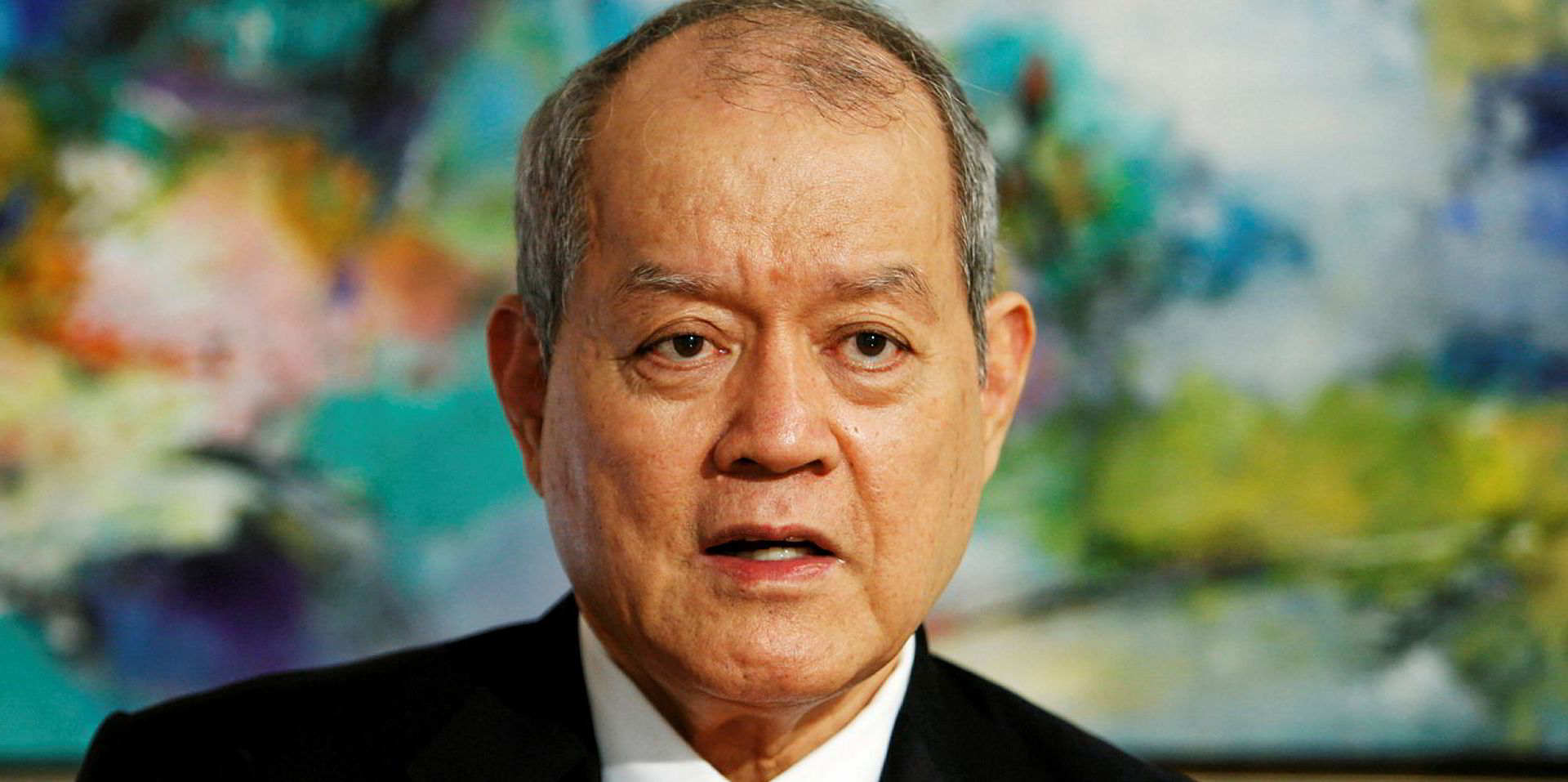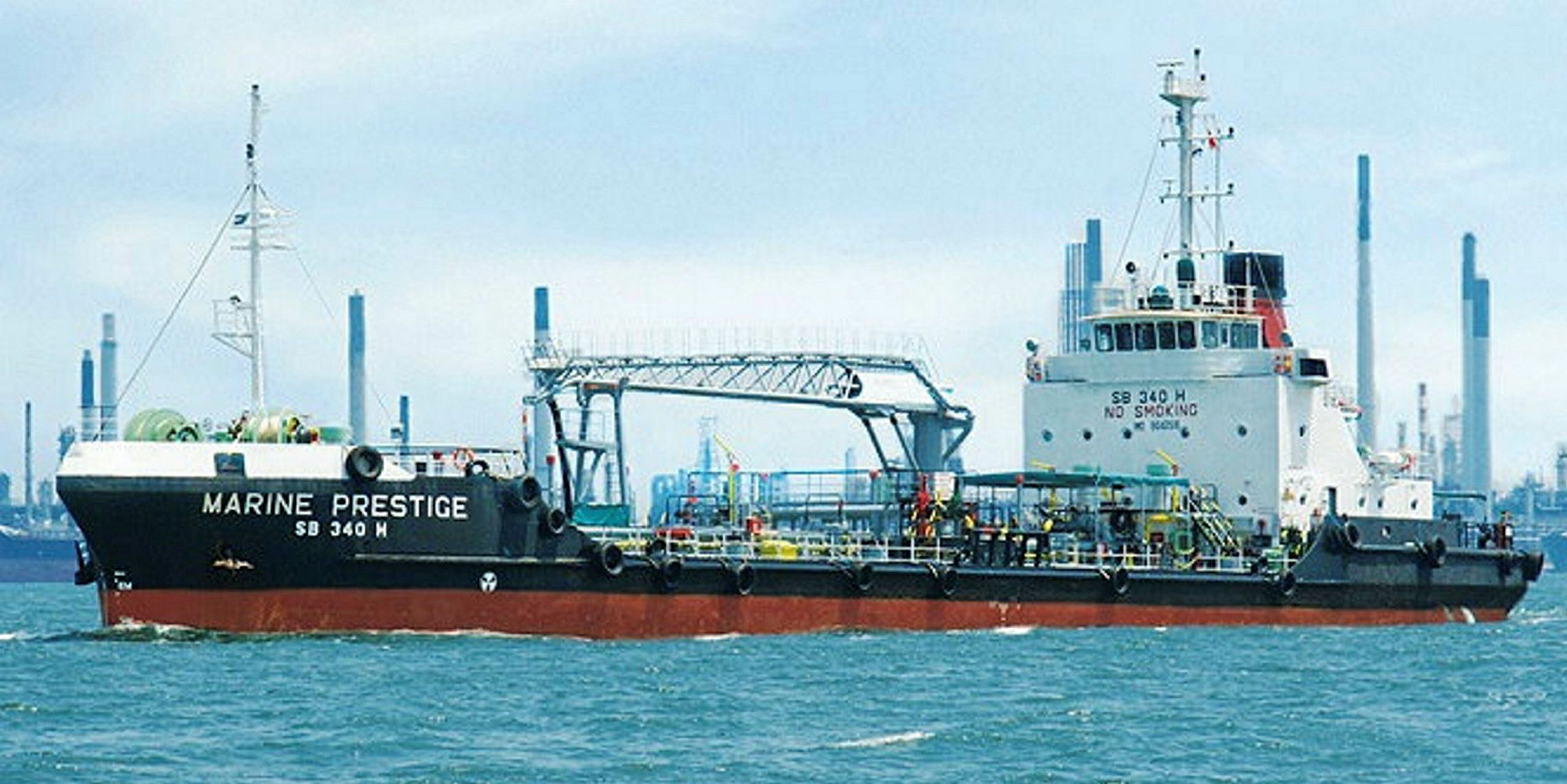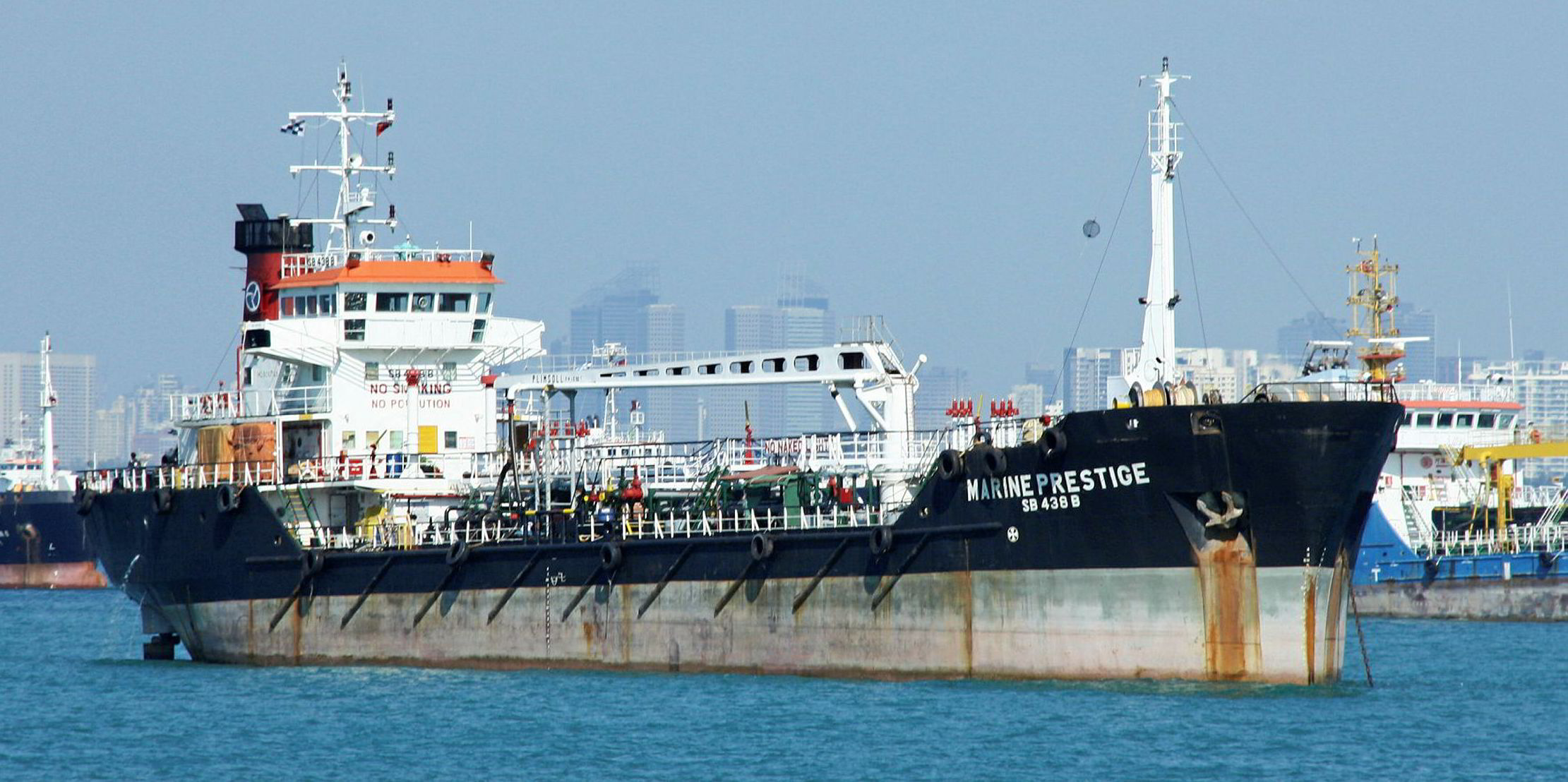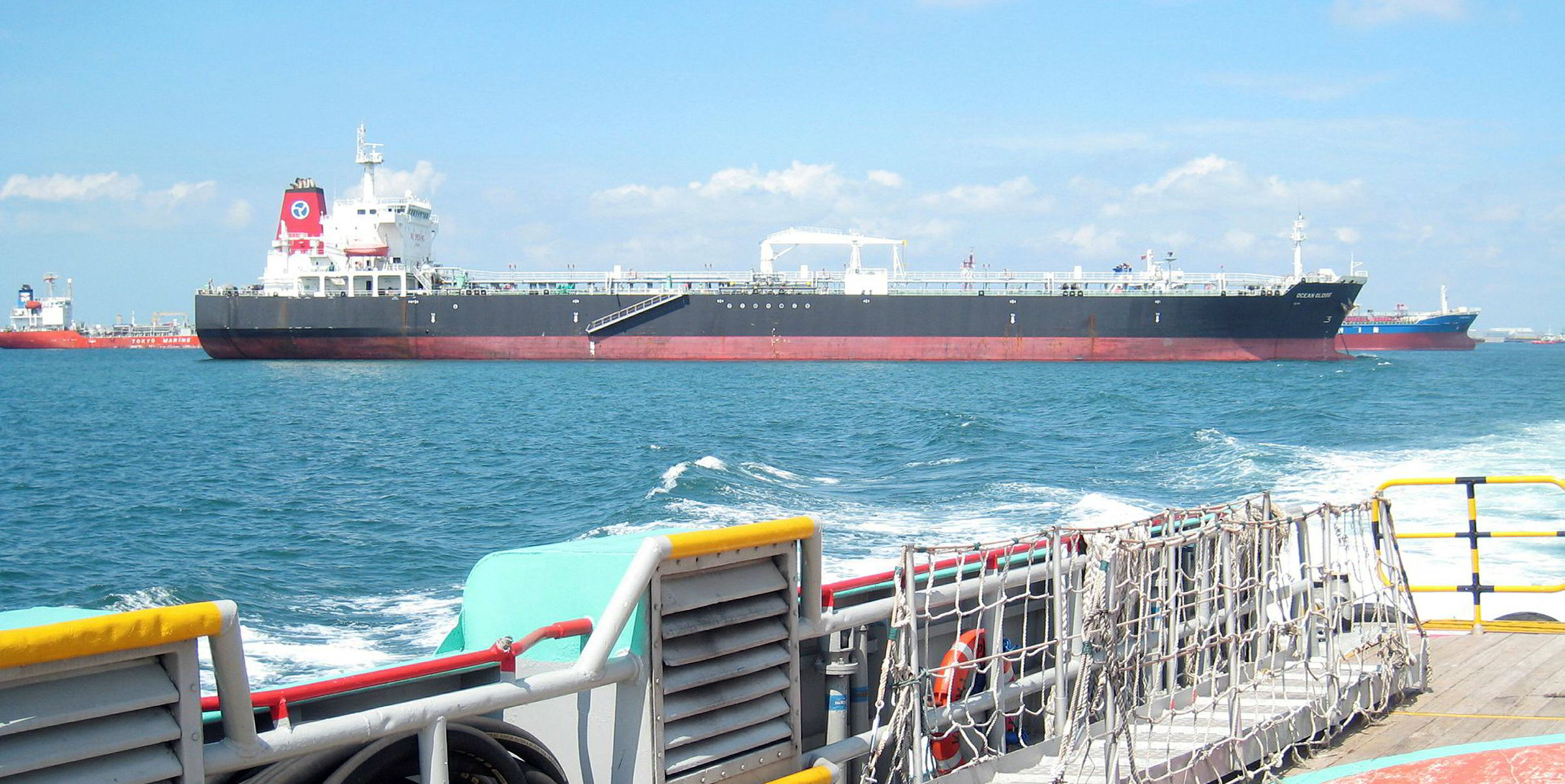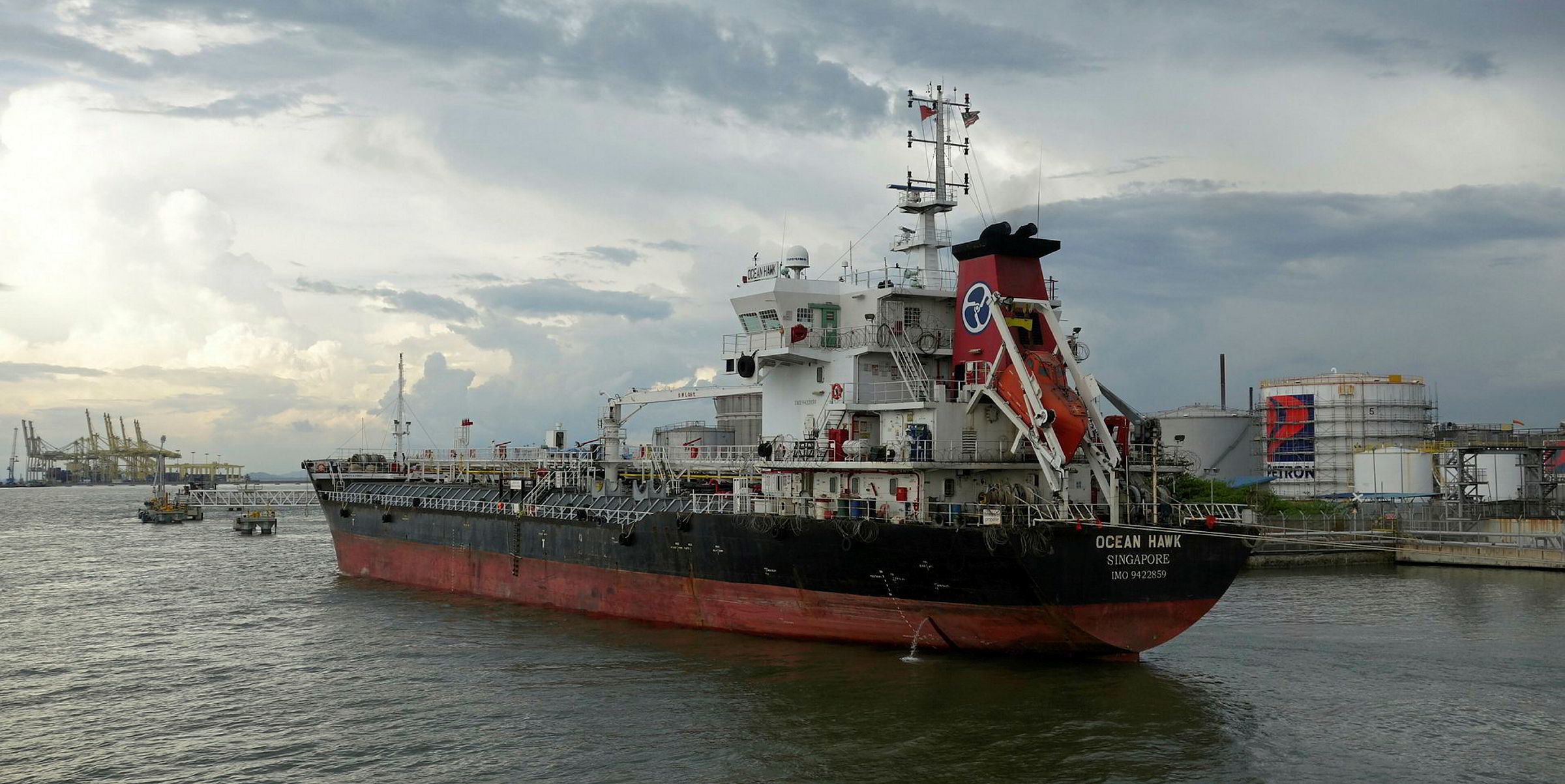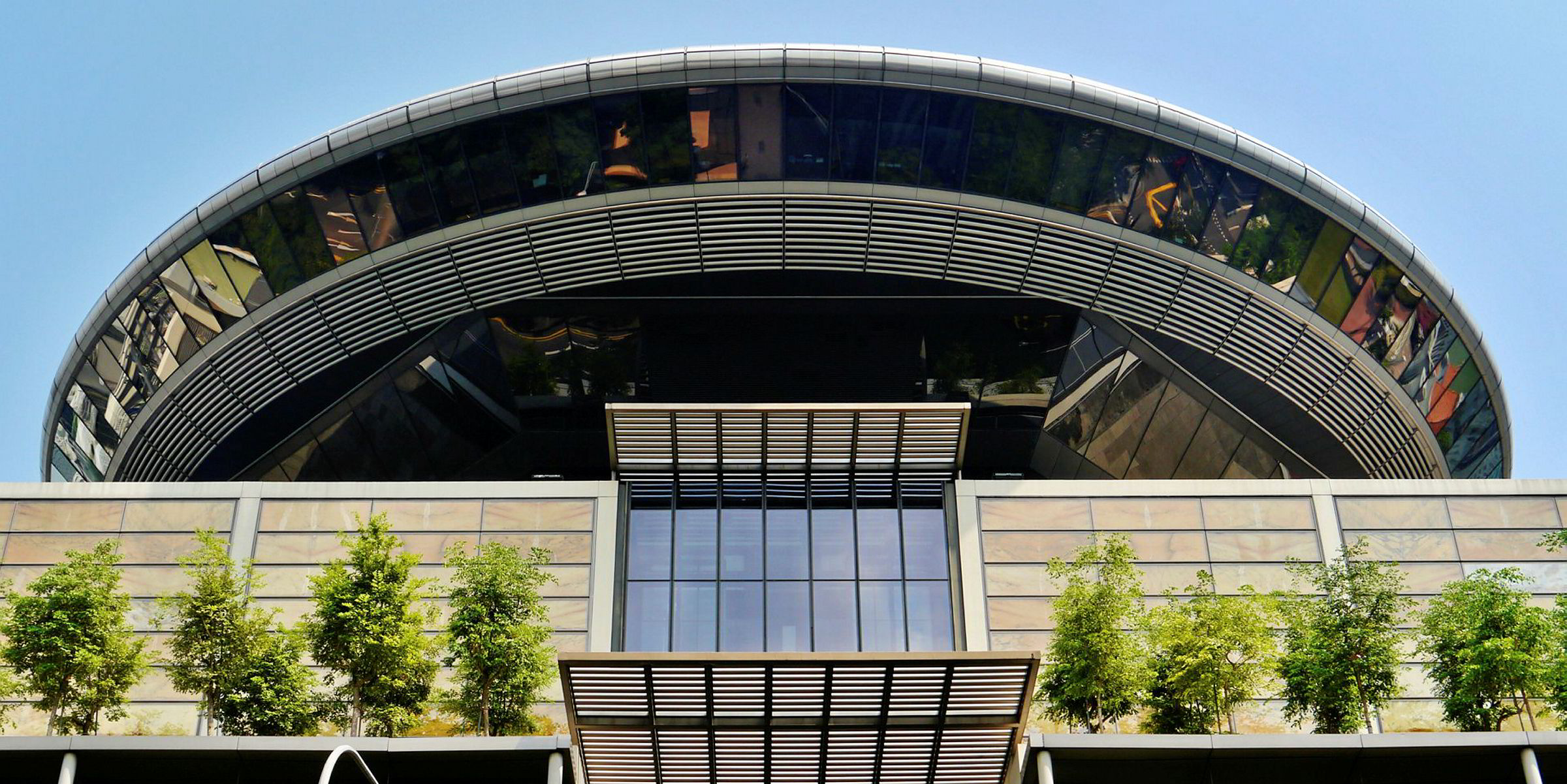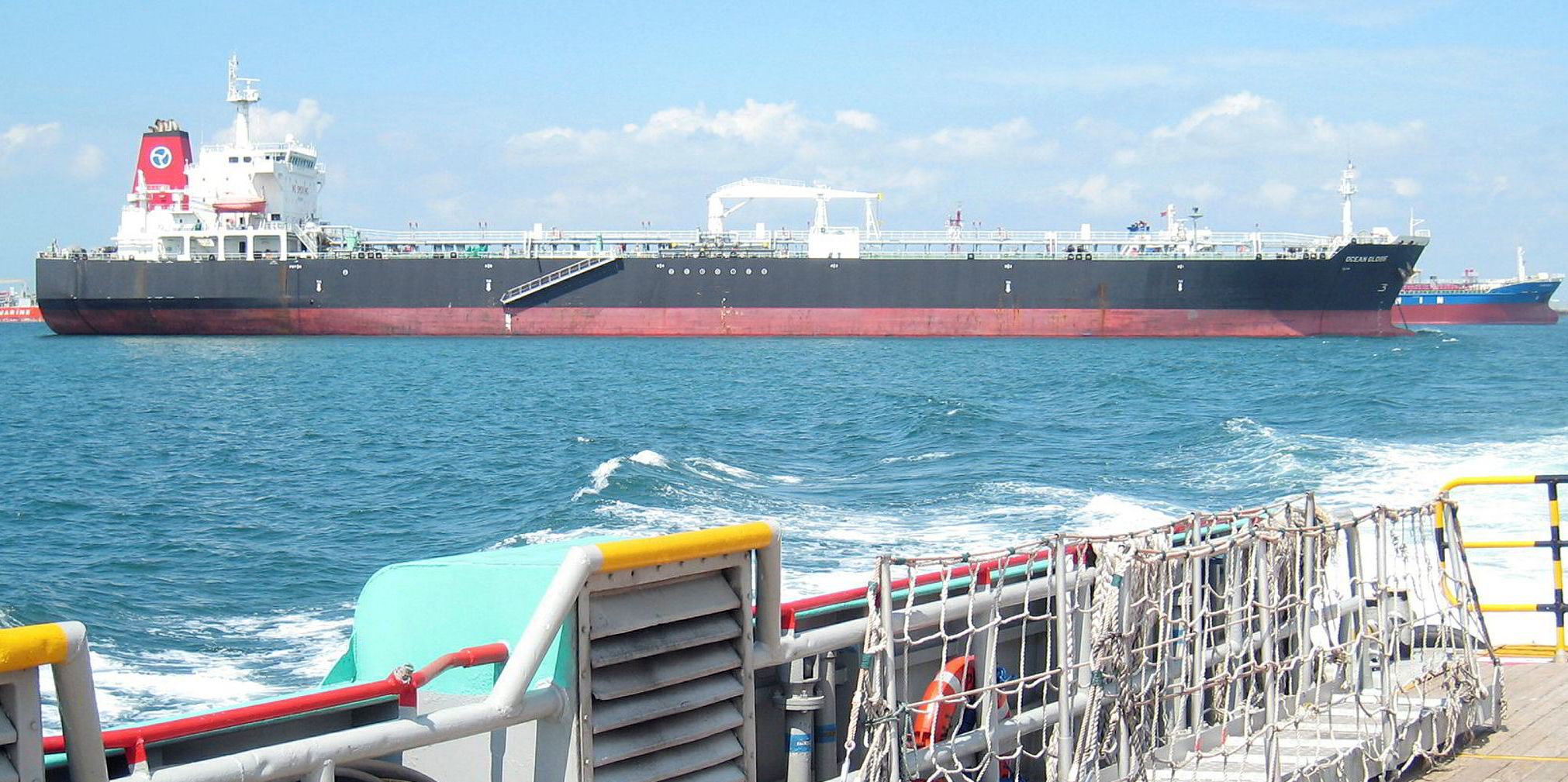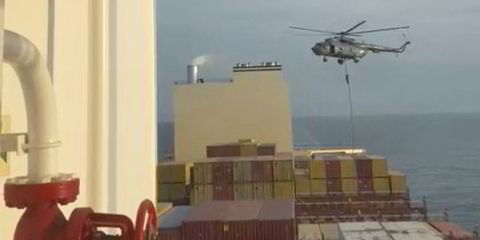How quickly the mighty fall.
Just weeks ago, Hin Leong Trading was the stuff of legend in Singapore. A rags-to-riches tale of a small-time oil distributor with one truck who, through much sweat and toil, built a giant business empire.
Today, that classic story has taken a disastrous turn.
Faced with debts totalling $4.05bn, frozen credit lines and angry creditors, the beleaguered Singaporean oil trading giant is the subject of a police investigation.
It filed for court protection late last Friday afternoon.
Affiliated tanker operator Ocean Tankers sought the same protection, citing the need to guard itself against the financial exposure it faces as a result of Hin Leong’s financial difficulties.
If the court-supervised restructuring processes prove unsuccessful, it could result in one of the biggest corporate catastrophes in Singaporean history, with severe repercussions reverberating throughout the oil markets.
Hin Leong and Ocean Tankers are private companies that in the past have rarely opened themselves up to public scrutiny. “Secretive” is the word most journalists use to describe them.
That veil was lifted on Friday when each company filed its affidavits with the High Court of Singapore.
Seen by TradeWinds, they gave a rare glimpse into the corporate structure of the companies, and laid bare the circumstances leading to their recent problems.
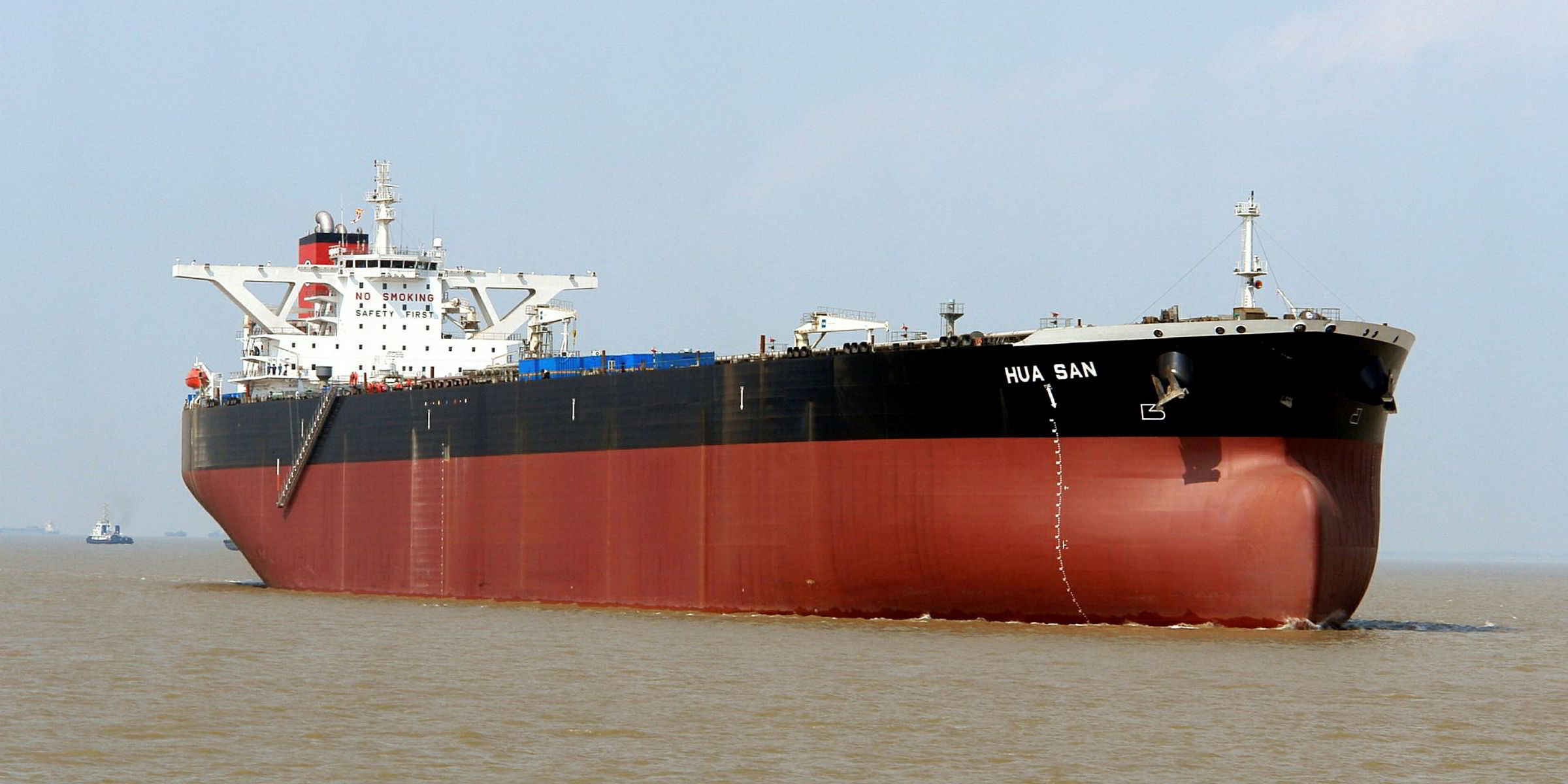
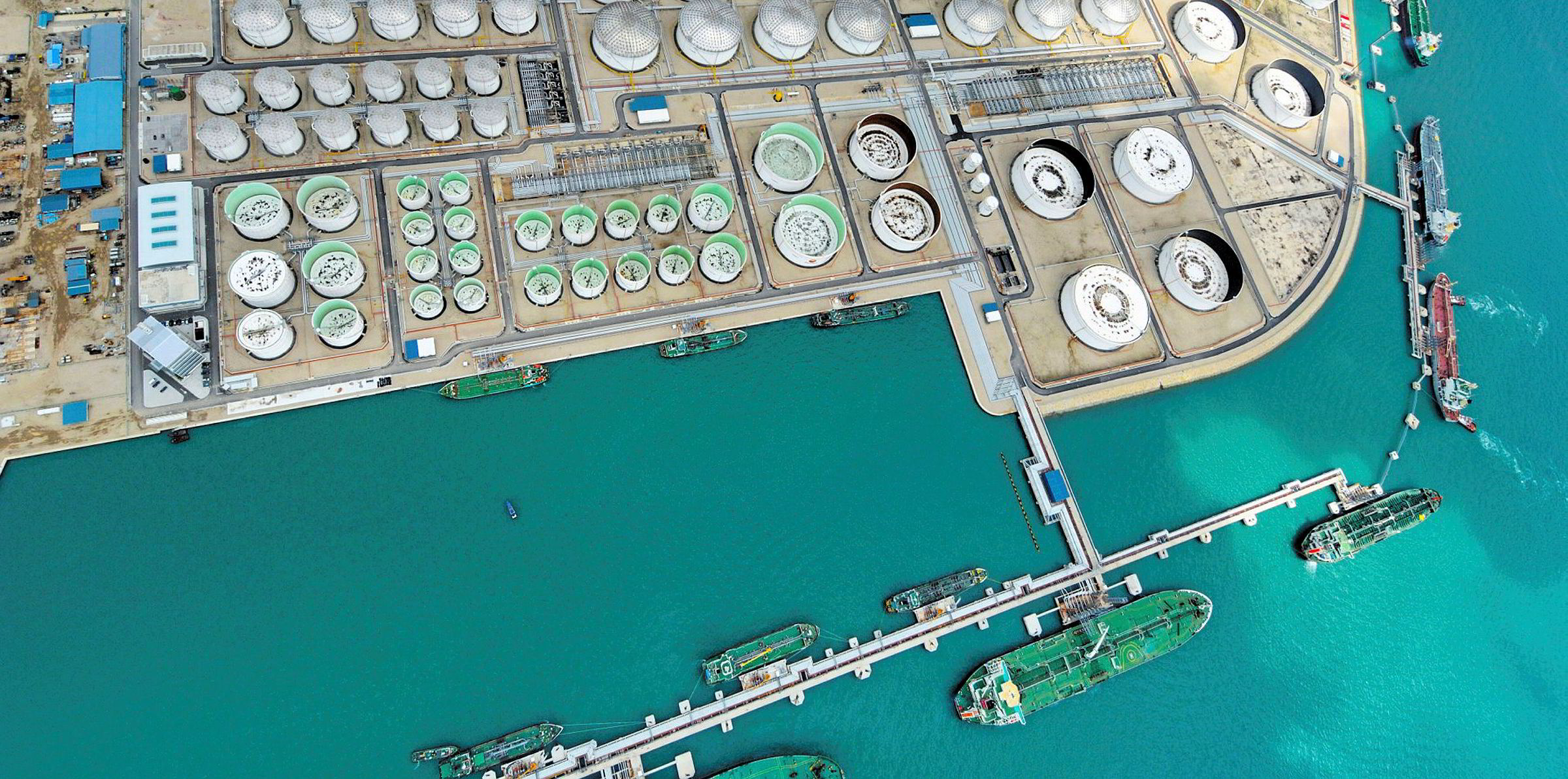
At the heart of the business empire is the Lim family.
Family flagship
Hin Leong founder Lim Oon Kuin (OK Lim), 77, together with son Evan Lim Chee Meng and daughter Lim Huey Ching, are the shareholders of five separate but closely affiliated companies. The younger Lims have minority stakes and play an active role in each, through either senior management or directorship positions.
Hin Leong has until now been the family’s flagship company. Its main activities are oil trading, lubricant manufacturing and onshore oil distribution. Wholly owned subsidiary Ocean Bunkering is one of the top three bunker suppliers in Singapore.
Ocean Tankers controls a fleet of 117 tankers of various types, and a large number of tugs, launches and other work boats.
The vast majority of the ships it operates are owned by two other Lim family companies, Xihe Holdings and Xihe Capital. They provide the ships on a bareboat basis.
The family also has a 41% stake in Universal Terminal, a large oil storage complex in Singapore. Other owning partners in the venture are PetroChina and the Macquarie Asia Infrastructure Fund.
Hin Leong’s downward financial spiral came to the fore in early March, when oil prices collapsed.
The company failed to hedge sufficiently against the deep drop in oil prices, focusing instead on increasing its sale of physical bunkers.
Market sources suggest it bought large quantities of low-sulphur bunker fuel and aviation jet fuel before prices crashed. The coronavirus pandemic exacerbated problems by reducing demand for oil products, especially jet fuel and bunkers.
Whereas Hin Leong would ordinarily have waited for the spot price to rise to an attractive level before selling its oil and fuel stocks, it had to sell cargoes to stem losses and survive the severe strain on its cash flow caused by a series of margin calls made by its bankers for uncommitted credit facilities and inventory financing facilities.
The company was hit by margin calls by numerous banks in March and April, which led to a severe depletion of its cash reserves. There were insufficient funds to pay all the margin calls and it risked being in default of its trade finance facilities.
Defaults by other oil traders also led banks to reduce their exposure to or exit commodity financing. As a result, the company’s credit lines were withdrawn or reduced by some banks, imposing a further strain on its liquidity.
Lockdowns around the world severely disrupted Hin Leong and Ocean Tankers' operations and increased the costs of oil shipments.
But Lim Oon Kuin revealed last Friday that the rot had set in earlier.
Hin Leong, he candidly explained, had suffered around $800m in futures losses over the years, but these were not reflected in its financial statements. He admitted that he gave instructions to the finance department to hide these losses by listing them as trade receivables in company accounts.
He also admitted to secretly selling some of the millions of barrels of oil inventories the company had pledged as collateral for its loans.
Lim told his employees he would take responsibility "if anything went wrong".
Last Friday, he stayed true to his word, resigning from all board and executive positions at Hin Leong and his other companies. In his affidavit, he took full blame for what happened.
Hin Leong is now the subject of a probe by the Singapore Police Force.
